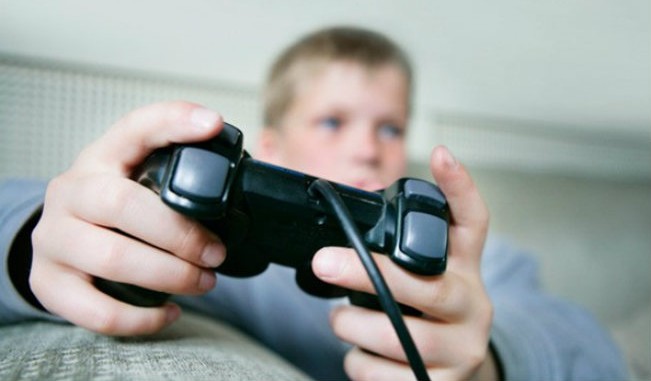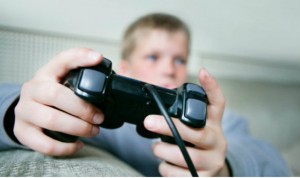
Despite popular opinion, there may be hope for video games after all. In some instances, video game players appear to be learning important skills applicable to the real world. A recent study conducted by researchers at Penn State found a correlation between the skills of people who played games which were motion controlled compared to individuals who did not play such games. For the purposes of this study “motion controlled video games” refer to games such as those played on the Wii. These games feature avatars which are controlled through the players own body; the players’ movements are mimicked on the screen by the avatar.

In this particular study, participants were instructed to play 18 rounds of virtual golf in which they pretended to be holding a golf club. Another set of participants were asked to play golf but by pushing a button on a gaming controller. When asked to play a real game of golf, those who played the motion filled game fared much better than those who pushed the button on a controller. Those who simply pushed a button actually scored much worse in reality. Scholars found that the practice from the virtual golf game was transferable to a real golf game.
Researchers have concluded that video games are close enough in mimicking real life, that skills are becoming more transferable. Furthermore, this finding reinstates the belief of the researchers that video games are becoming more like simulations rather than just video games; simulations that mirror the real world. These games require physical whole body movements compared to previous games where players sit and push a button. Whether subconsciously or not, these video games are shaping how people communicate through their bodies. People who play these games are observing how people interact in certain situations. When players find themselves actually in these situations, they may be more likely to use their virtual experience of this situation as a reference point for how to act in a socially acceptable way.
Penn State researchers claim that virtual games are teaching individuals how to act and providing practice in physical activity. They believe that these virtual worlds and simulators will also be important in teaching and shaping other social skills in the future. Of course, more research is necessary to determine the accuracy of this hypothesis.
There is a popular saying that deals with life and art. Does life imitate art? Or does art imitate life? In this case with video games and simulations available today and in the future, maybe it is a little bit of both. Simulations are exactly that, imitations of real life experiences. For now we can virtually put ourselves into various sporting and physical activities. In the future, we may be using video games as simulations to help us with job interviews, or learning skills like carpentry or cooking. Instances that can help us prepare for the real thing, with feedback and not as strict consequences. Popular opinions of video games may soon experience a change.
Leave a Reply